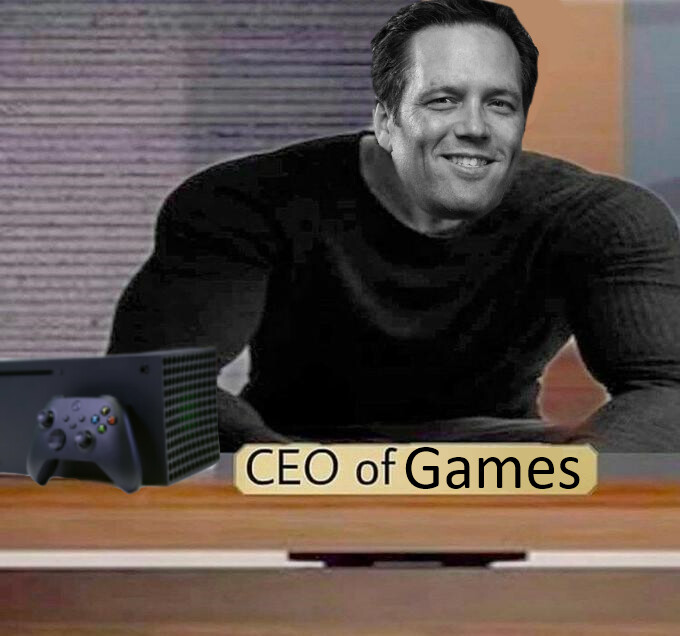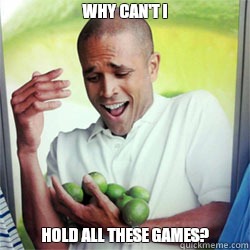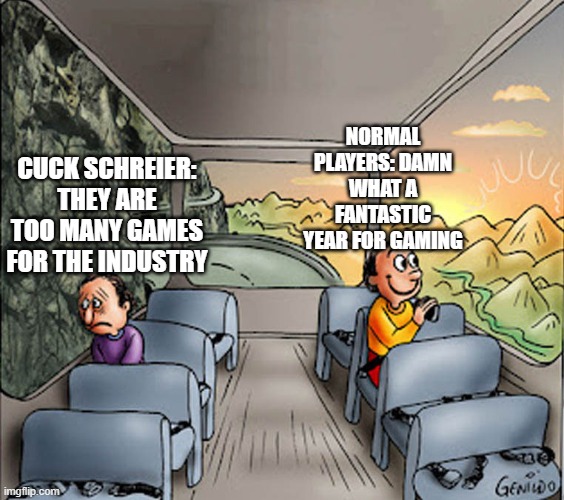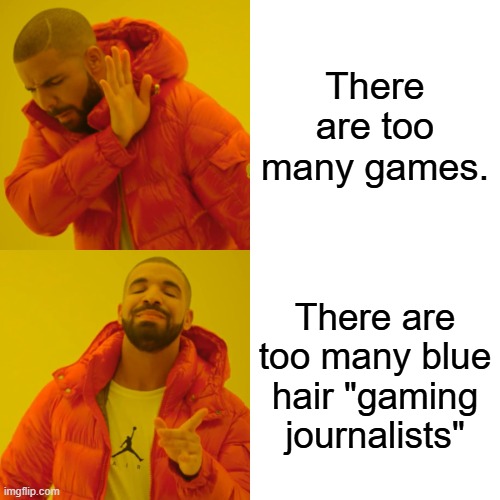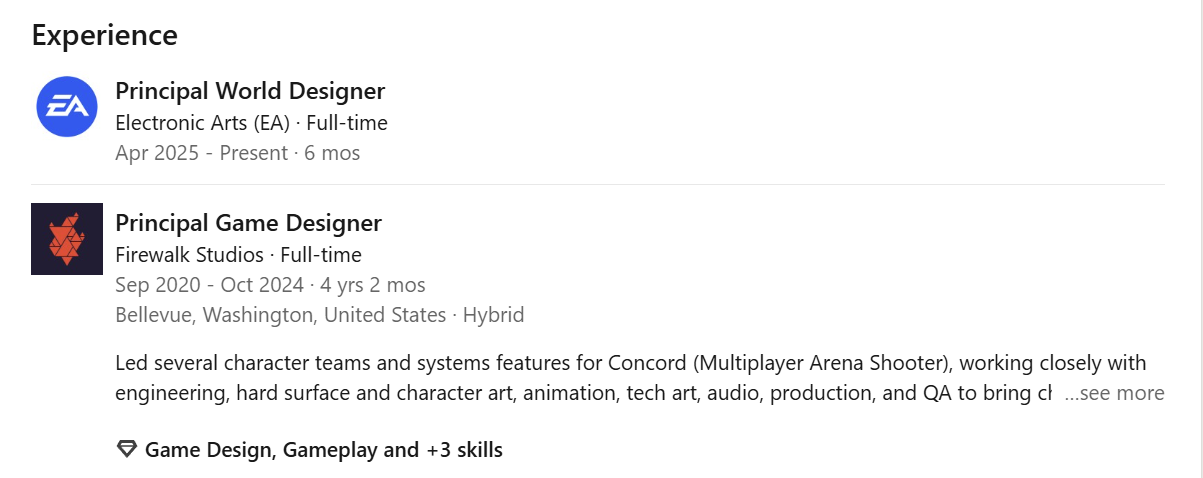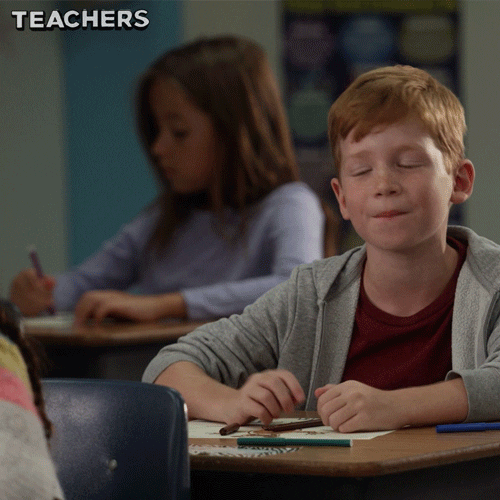adamsapple
Or is it just one of Phil's balls in my throat?

The Video-Game Industry Has a Problem: There Are Too Many Games
A crowded September for video-game releases illustrates a broader challenge in the market
Too much to play
On Sept. 4, the independent game developer Team Cherry released Hollow Knight: Silksong, the long-anticipated sequel to an indie gem that was seven years in the making. Reviews pegged it as one of the best games of 2025.
On Sept. 25, the independent game developer Supergiant Games released (the full version of) Hades II, the long-anticipated sequel to an indie gem that was five years in the making. Reviews pegged it as one of the best games of 2025.
Between these two instant classics came a slew of critically acclaimed games, including a remake of the beloved The Legend of Heroes: Trails in the Sky, the latest entry in the popular Borderlands franchise and a cooperative puzzle game starring two Lego pieces. There was also a new Dying Light zombie-action game, an intriguing adventure game and a new entry in the longrunning Silent Hill franchise.
And that was just September.
Over the past few years, the video-game industry has faced a difficult contraction period during which companies have laid off thousands of employees due to flattened growth. There have been many reasons for this shift, such as huge, Covid-era investments that didn't pan out. But one problem stands above the rest — there are too many video games.
In 2024, a staggering 18,626 games were released on Steam, according to SteamDB, a website that tracks data on the popular PC platform. That's an increase of around 93% from 2020, when 9,656 games were released.
This glut of new releases stems from a number of factors, including widening interest in games, the rise of cheaper and easier development tools and lower barriers to entry.
There was once a time when it was impossible to create a video game and get it into people's hands unless you had a publisher that could get you prime shelf position at GameStop and Walmart. But over the past decade, as customers pivoted en masse from physical to digital games, the playing field has been leveled.
Most of last year's Steam games went undiscovered and unplayed by the majority of users. But a surprising number were received quite well. Of the 1,431 games released last year that garnered more than 500 reviews — an indication that they were played by at least a few thousand people — more than 260 were rated positively by 90% or more of the players. More than 800 scored 80% or better.
In other words, this isn't like the 1980s, when the US gaming market crashed due to a flood of poorly made products. Today, there are too many video games, and many of them are great.
Today's titles are also competing not just with the new games released every year but with countless old "service" games designed to keep people playing forever. The three most-played games on Steam are almost always Counter-Strike, Dota 2 and PUBG: Battlegrounds, all multiplayer games that have been around for years. Some of the other biggest games in the world, such as League of Legends and the top titles on Roblox, would be alongside them if they were on Steam.
The market for new video games isn't just oversaturated — it's nearly impenetrable. Teams of hundreds of people are spending years of their lives developing games that are destined to get lost in the sea of new releases. It's no longer enough to simply be a good game — more than 120 games released in 2025 have scored higher than an 80 on Metacritic, the review aggregation website. The ones that earn more than a 90 tend to hit, but many of the others have failed to take off.
It's the main reason that games such as Wildgate and Sunderfolk, both developed by Dreamhaven and released this year to positive receptions, struggled to make a dent. The list goes on and on.
I'm not sure there's any solution to this problem. Returning to the era of gatekeepers would be a regression, and the increased democratization of game development has led to more creative and interesting products all around. This glut may be intimidating for players, but it also presents them with more choices than ever before, so long as they can ignore the FOMO of not jumping on every new release as soon as it hits.
But for the companies investing hundreds of millions of dollars into games that need to move huge numbers to break even, this is no small challenge. And it's just getting harder every year.
What to play this weekend
The "1.0" version of Hades II came out this week after a year of Early Access, and I'm looking forward to spending more time with it. Like its predecessor, this is a roguelike action game set in a beautiful depiction of Greek mythology. The game stars the goddess Melinoe on her quest to defeat the lord of time, Chronos, with the assistance of a whole bunch of other gods (Zeus, Demeter, etc.). Each divinity offers a powerful boon that lets you blow up monsters in various, creative ways. I put a lot of hours into the first game, and the sequel appears to be bigger and better.






